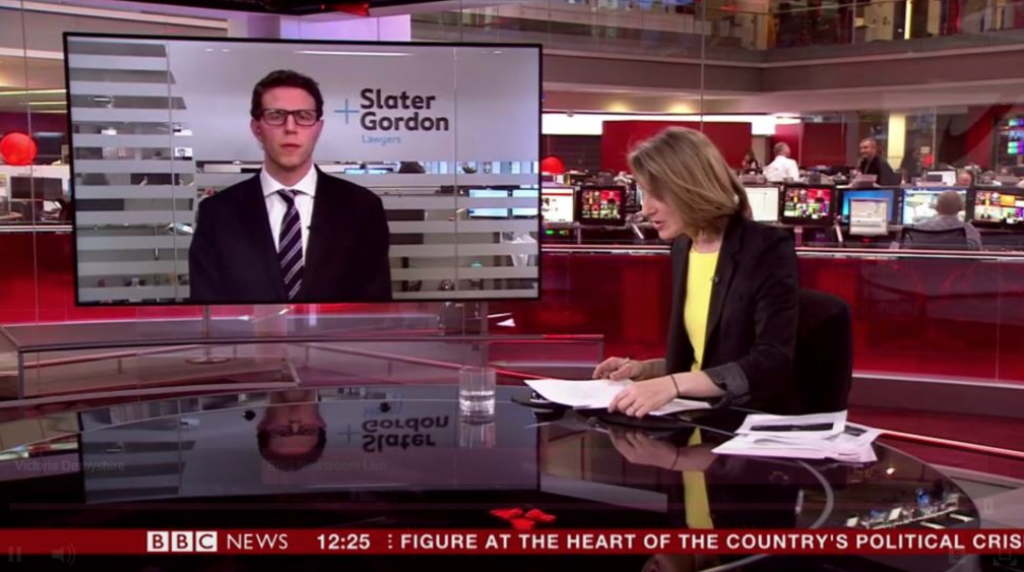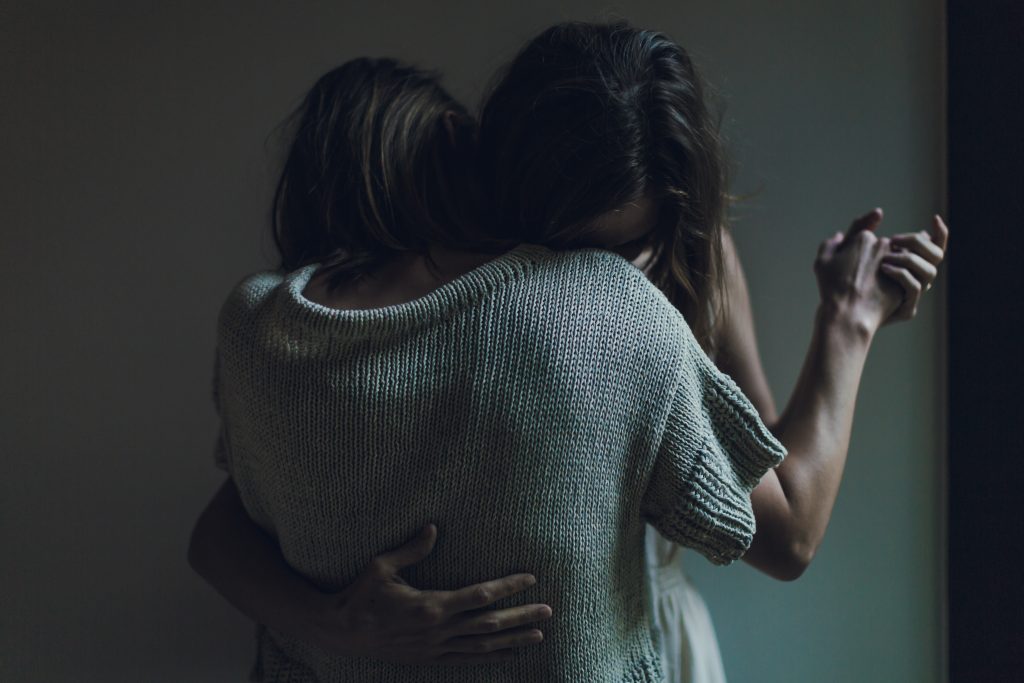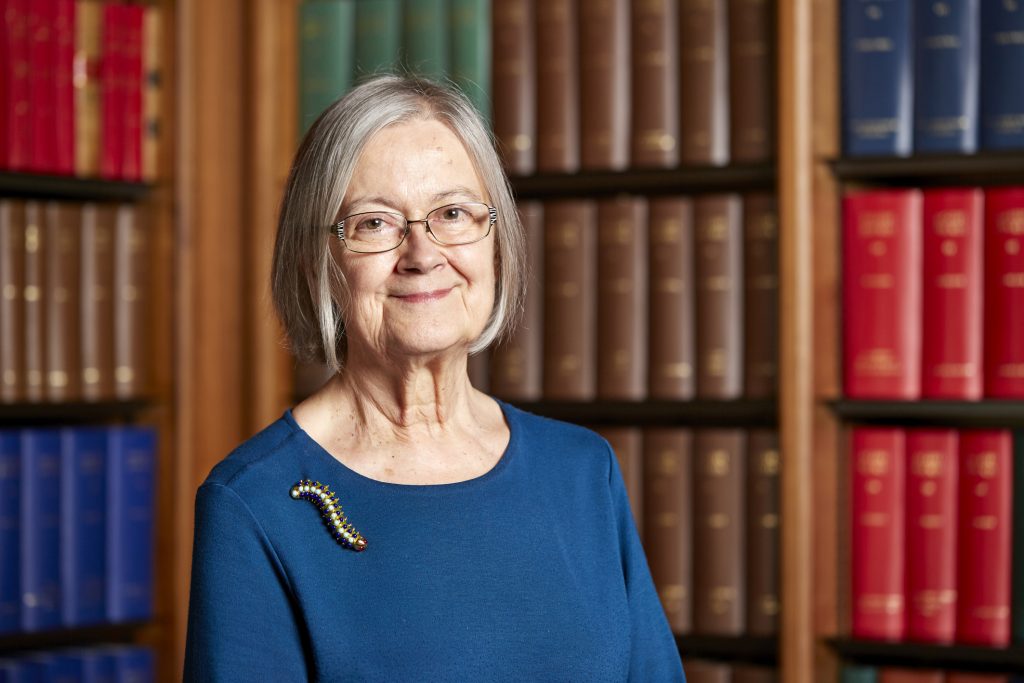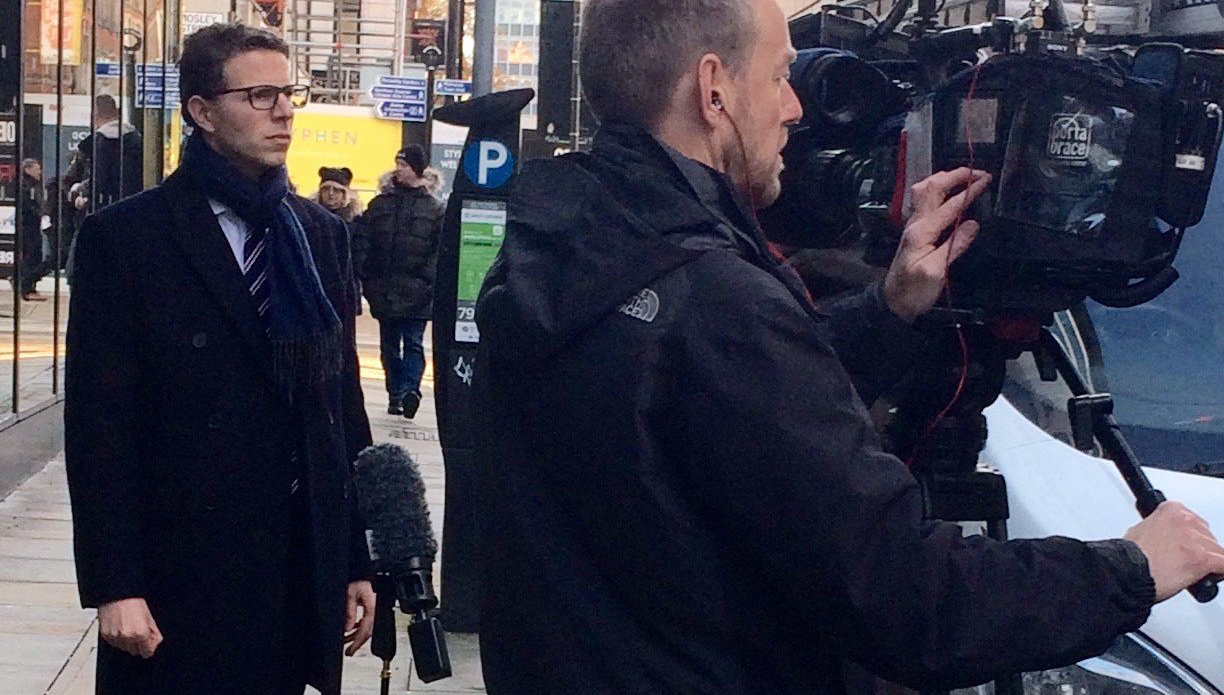At just 31 Zak Golombeck is officially a record-breaker: last year he became the UK’s youngest coroner. It’s perhaps not a job many would aspire too, but for the Manchester-based solicitor, it’s a vital job that touches on our most basic human rights.
“The public shouldn’t just be looking at human rights as ‘well, it’s just terrorism’,” he tells me from his office. “It’s actually threaded through so many different areas of our lives, and even after life in an inquest, to make sure institutions work better and deliver a better service.”
Indeed, we often talk about our ‘right to life’: something that is codified in the Human Rights Convention and part of UK law. What this means after we die – for example, the role of the state in determining cause of death through an inquest – is spoken about much less.
When a death is thought to be linked to state negligence (for example, when someone dies unexpectedly in a hospital, prison or a police station), the circumstances must be investigated thoroughly. This right was at the centre of the Hillsborough families’ long fight for justice, as well as the public inquiry into the Mid-Staffordshire NHS Foundation Trust.
‘Families Need To Have A Voice in Court’

Image Credit: BBC News
Zak, who has a strong background in medical negligence and representing families at inquests, also points to the human rights of the bereaved. In November last year, for example, he represented an unmarried woman who had been denied bereavement damages as she was not married to her partner.
The human rights of the bereaved can still exist even when their loved one is dead
Zak Golombeck
“[They] were together for more than ten years when the man died due to negligence and his partner pursued a claim, but was told she couldn’t as they weren’t married. One of the arguments by the Government was ‘why do human rights play a part here, they’re dead,'” Zak explained to me. “However, the human rights of the bereaved can exist even when their loved one is dead.”
In a ‘historic’ decision, the Court of Appeal decided the award should be available to anyone who has been in a relationship for at least two years – regardless of whether or not they were married. For Zak, this case is just one example of how “families need to have a voice in court”.
Guiding Families Through The Process
 Image Credit: Matthew Henry / Unsplash
Image Credit: Matthew Henry / Unsplash
“So many families are unrepresented at an inquest because of funding, so it’s the job of the coroner to ensure the family feels they do have some sort of representation in court, and that it’s conducted as effectively and thoroughly as it should be,” he explains.
It’s the job of the coroner to ensure the family feels they have some sort of representation
Zak Golombeck
“All inquests have to comply with Article 2 (the right to life),” he adds. “They have to be thorough and they have to be investigative. Whatever inquest you’re doing it has to comply with the obligations; and human rights play much more of a role than you think.
“For families, it’s often important to them that, while their loved one might have passed away due to a failure, this won’t happen to other people. So it’s the duty of a coroner to make recommendations to improve the system.”
A More Diverse Judiciary Needed
 Lady Hale is the first female head of the Supreme Court. Image Credit: Supreme Court
Lady Hale is the first female head of the Supreme Court. Image Credit: Supreme Court
Despite his achievements, Zak remains modest: he is also keen to push for increased diversity in the legal profession, echoing recent sentiments by Supreme Court President Lady Hale.
The latest diversity statistics from the Courts and Tribunals Judiciary show that just 28 percent of the courts judiciary are female, with the number of ethnic minority non-barristers dropping from 37 to 34 percent during the last 12 months. However, for the courts to effectively serve our country, they need to represent the diversity of our population in everything from gender to age.
I always thought it was too early for me, in terms of experience
Zak Golombeck
“I always thought it was too early, in terms of experience,” Zak tells me. “There’s often a perception that judicial roles will go to people who are at least in the middle part of their careers.
“There have also been comments citing concerns about solicitors not moving towards the bench, and it’s important to have more solicitors looking towards those roles as an opportunity. But it’s also important to look at those with different backgrounds and I think it’s really important to have that diversity within the coronial judicial branch.”
For Zak though, he hopes to balance his judicial career with his work as a solicitor at Slater and Gordon, and finds that the roles complement each other. “I wouldn’t at all rule out a more permanent senior position in the future – though it’s a long way off. There are just so many cases I want to see out and do the best I can.”







